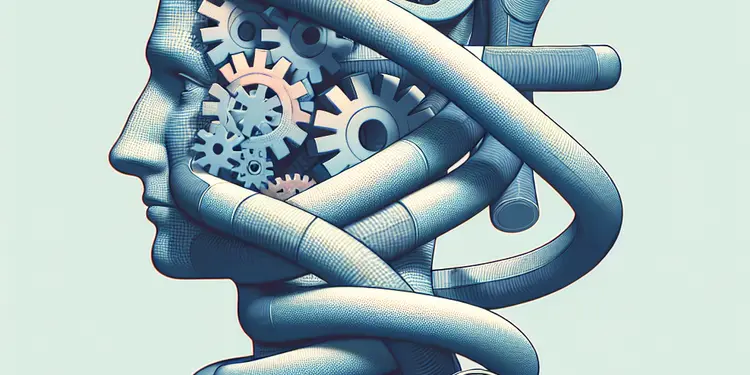
Find Help
More Items From Ergsy search
-

What is Huntington's disease?
Relevance: 100%
-
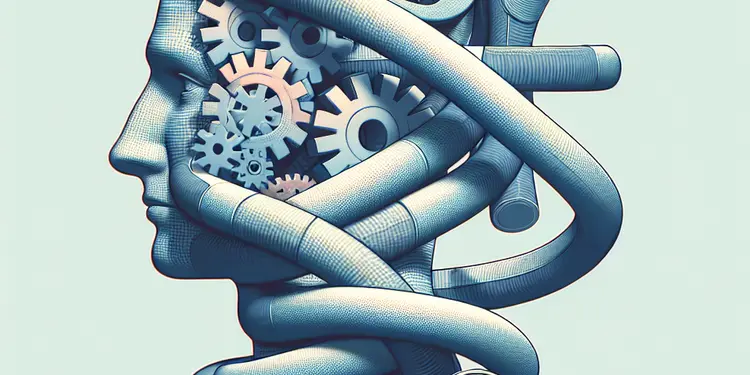
Is Huntington's disease fatal?
Relevance: 100%
-
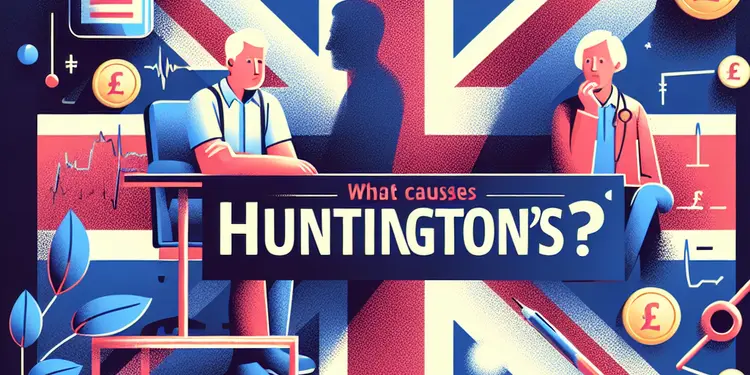
What causes Huntington's disease?
Relevance: 96%
-

How is Huntington's disease diagnosed?
Relevance: 96%
-

Can Huntington's disease be cured?
Relevance: 95%
-
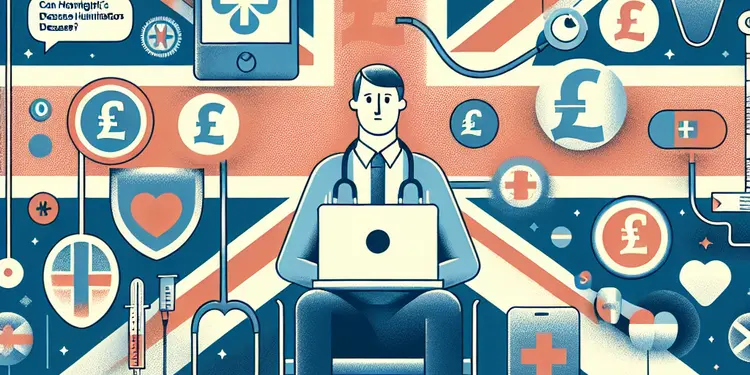
Can Huntington's disease be prevented?
Relevance: 95%
-
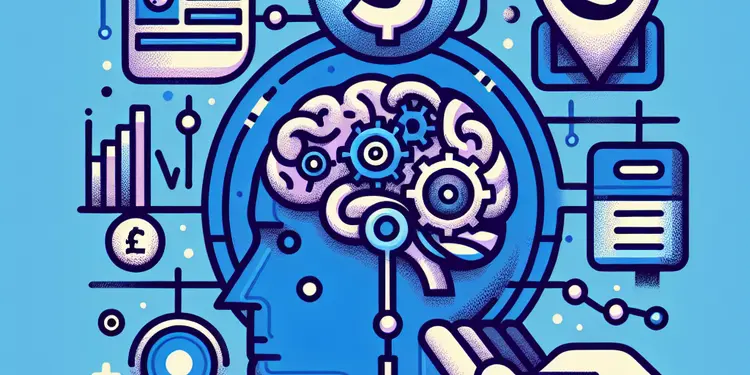
What are the symptoms of Huntington's disease?
Relevance: 95%
-

What research is being done on Huntington's disease?
Relevance: 91%
-
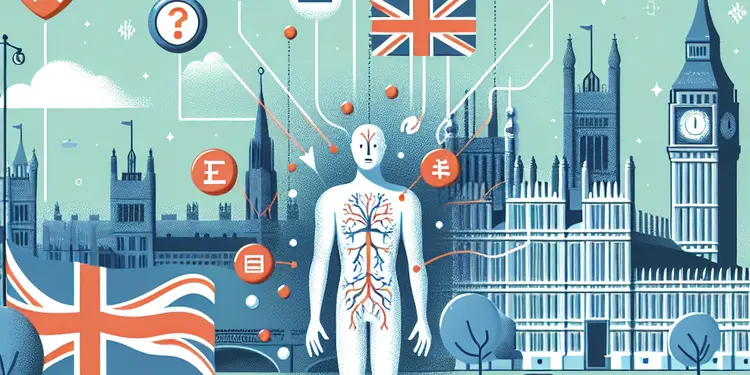
How does Huntington's disease affect emotions?
Relevance: 89%
-

How does Huntington's disease affect movement?
Relevance: 89%
-
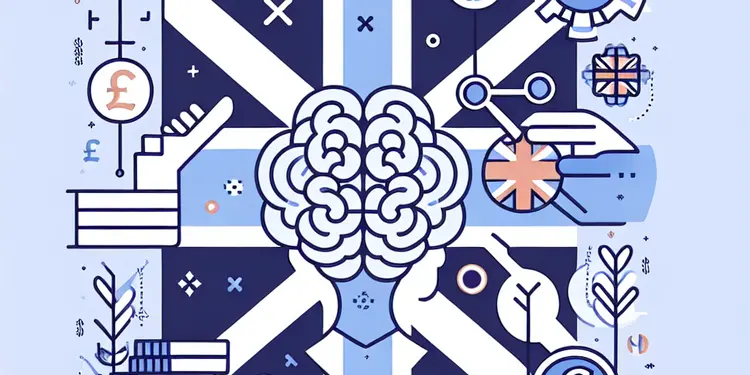
How does Huntington's disease affect cognition?
Relevance: 89%
-
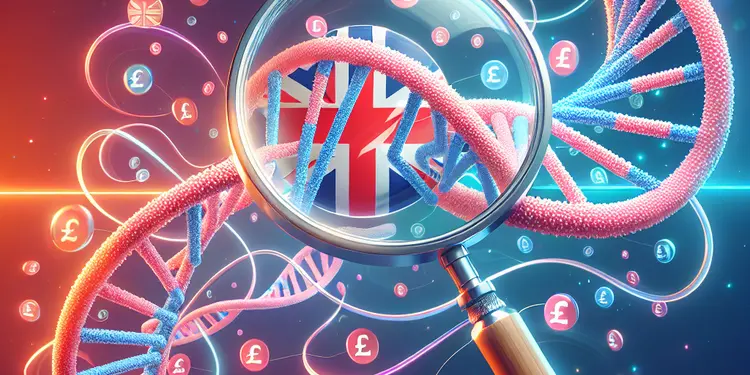
What is the role of genetic testing in Huntington's disease?
Relevance: 87%
-

At what age do symptoms of Huntington's disease typically appear?
Relevance: 87%
-
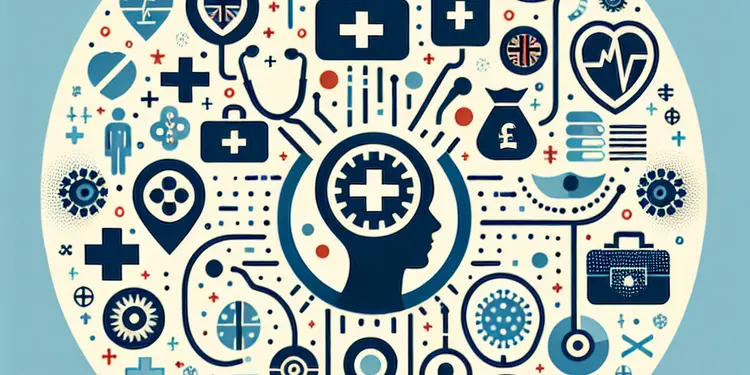
What kinds of specialists are involved in treating Huntington's disease?
Relevance: 86%
-

Can lifestyle changes help manage Huntington's disease?
Relevance: 83%
-

How is Huntington's disease inherited?
Relevance: 69%
-
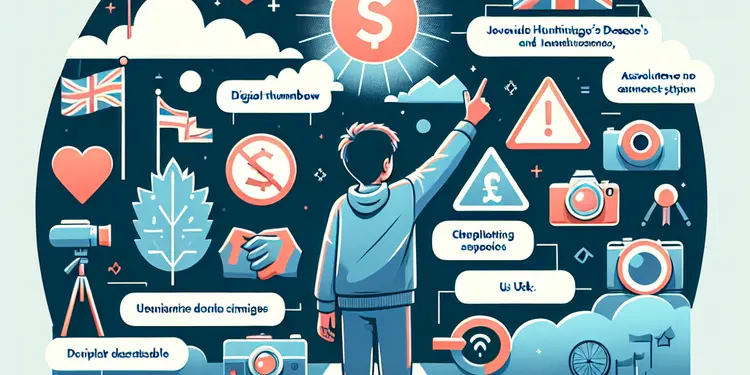
What is Juvenile Huntington's disease?
Relevance: 69%
-

Are there treatments available for Huntington's disease?
Relevance: 69%
-
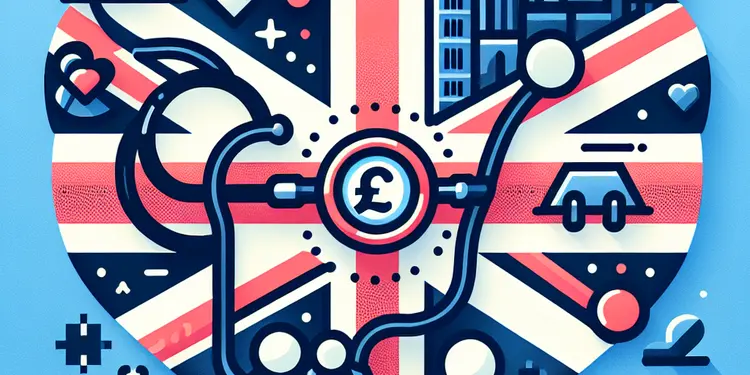
What support is available for families affected by Huntington's disease?
Relevance: 60%
-
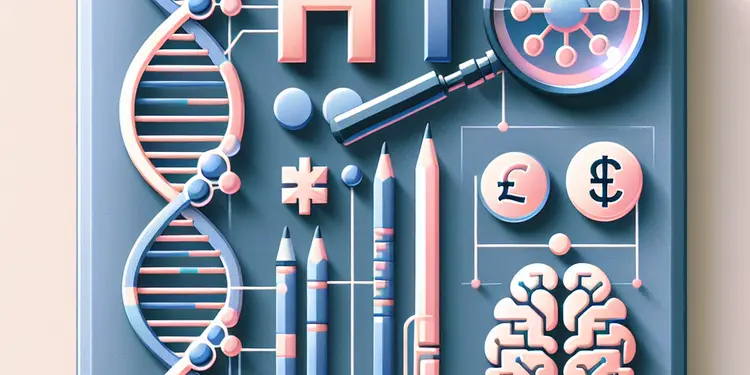
What role does the HTT gene play in Huntington's disease?
Relevance: 57%
-
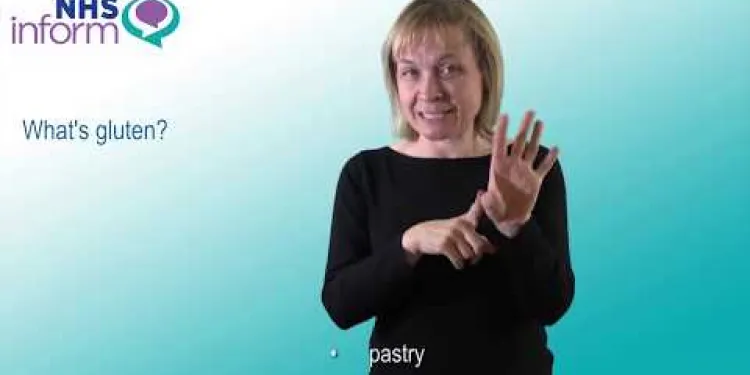
Coeliac disease
Relevance: 33%
-
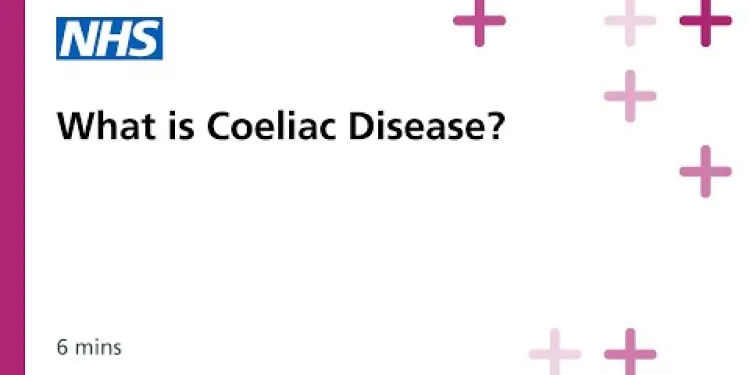
Coeliac Disease: Session 1: What is Coeliac Disease?
Relevance: 33%
-
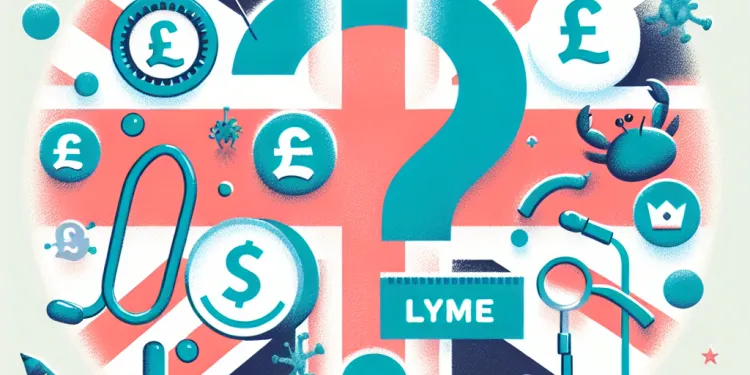
What is Lyme Disease?
Relevance: 32%
-

Liver disease | NHS
Relevance: 32%
-

Is Crohn's disease contagious?
Relevance: 32%
-
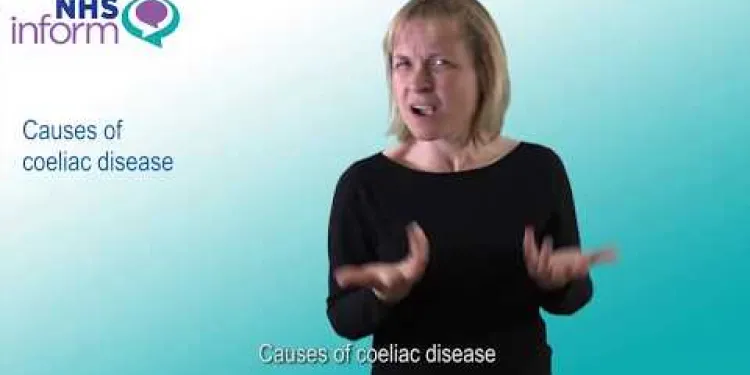
Causes of coeliac disease
Relevance: 32%
-
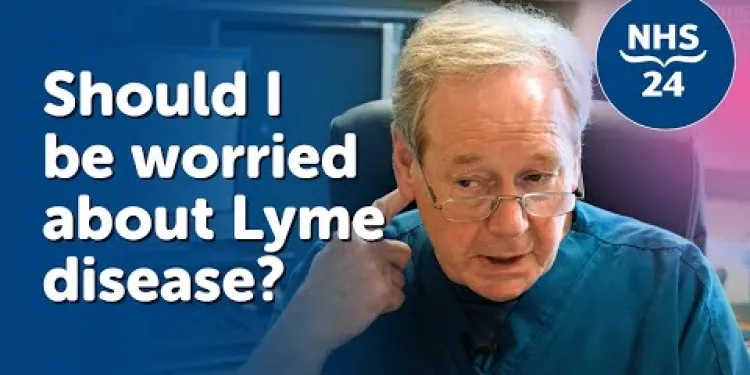
Lyme disease: What is it?
Relevance: 32%
-
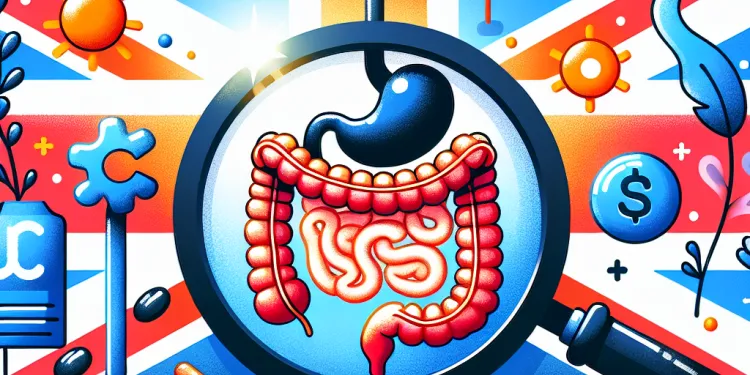
Is there a cure for Crohn's disease?
Relevance: 32%
-
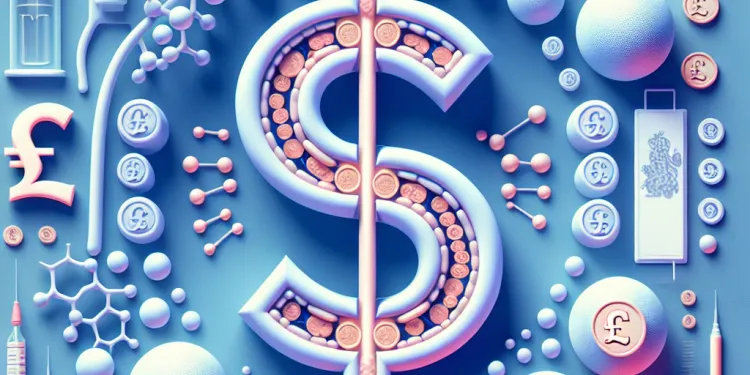
What is Mitochondrial disease?
Relevance: 32%
-
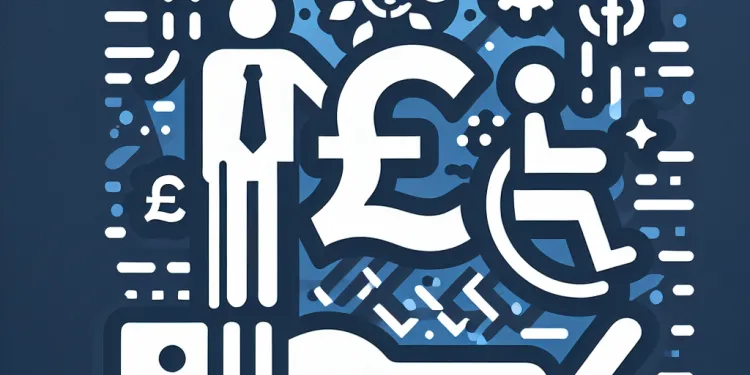
What is Parkinson's disease?
Relevance: 31%
-

Is there a vaccine for Lyme disease?
Relevance: 31%
-

Is flesh-eating disease contagious?
Relevance: 31%
-
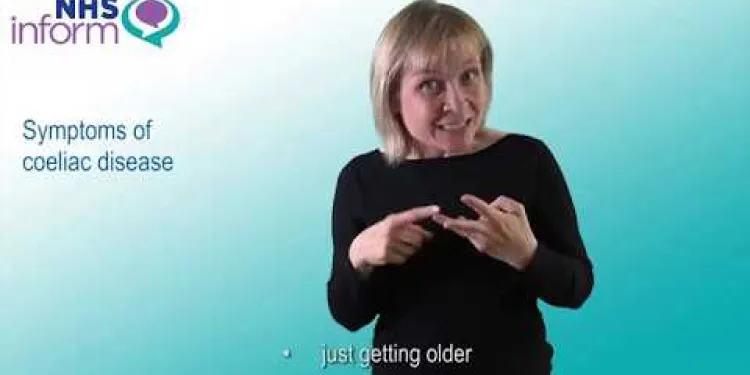
Symptoms of coeliac disease
Relevance: 31%
-

Do UK mosquitoes carry diseases?
Relevance: 31%
-
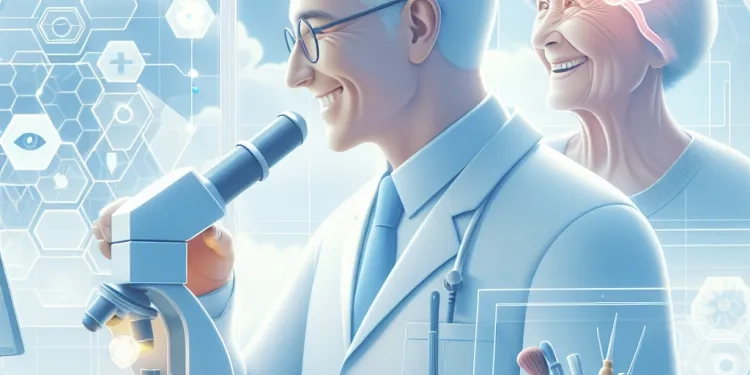
What is Alzheimer's disease?
Relevance: 31%
-
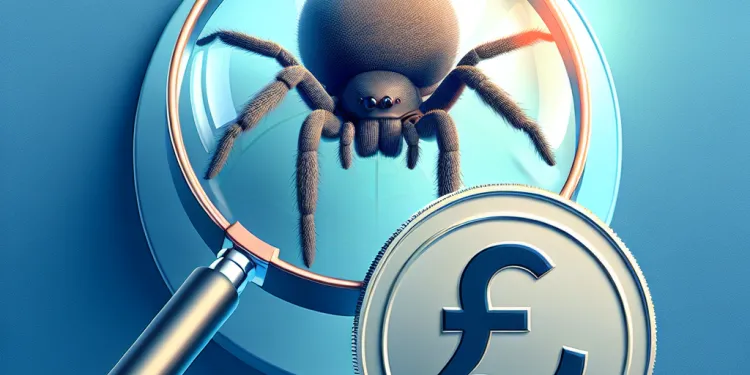
Do spiders in the UK carry diseases?
Relevance: 31%
-
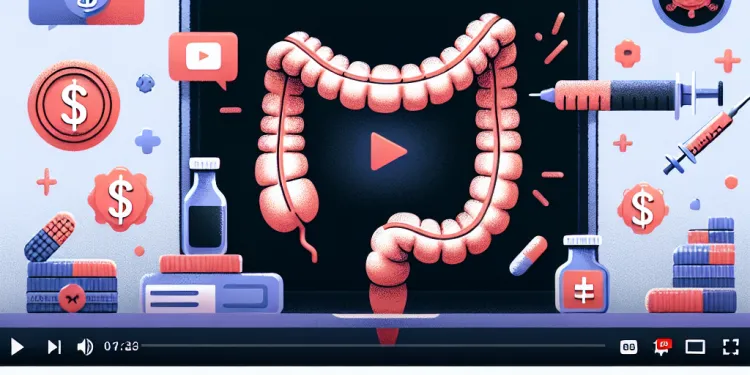
What causes Crohn's disease?
Relevance: 30%
-
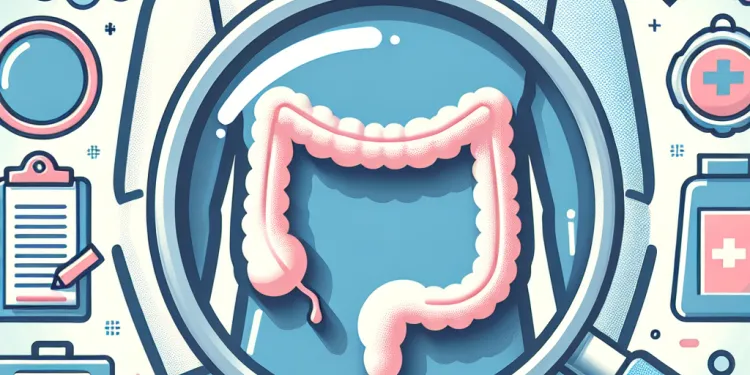
How is Crohn's disease diagnosed?
Relevance: 30%
-

Can Lyme disease be treated?
Relevance: 30%
-

How is Lyme disease transmitted?
Relevance: 30%
Is Huntington's Disease Fatal?
Huntington's disease (HD) is a progressive neurodegenerative disorder that is ultimately fatal. The disease is inherited and is caused by a defective gene on chromosome 4. This gene mutation leads to the production of an abnormal form of the protein huntingtin, which gradually damages certain nerve cells in the brain. The condition affects movement, cognition, and behaviour, and its symptoms typically appear between the ages of 30 and 50, although they can develop earlier or later.
Symptoms and Progression
The symptoms of Huntington's disease worsen over time and can be broadly categorized into motor, cognitive, and psychiatric issues. Early signs may include mood swings, irritability, and small involuntary movements. As the disease progresses, individuals often experience more pronounced motor symptoms such as chorea, which are uncontrolled jerking or writhing movements, along with difficulties in coordination. Cognitive functions also decline, impacting memory, reasoning, and concentration.
Behavioural changes include depression, anxiety, and, in some cases, the development of compulsive behaviours. The progression of these symptoms is gradual but leads to increasing levels of disability. Over time, the affected individual will require full-time care and assistance with daily activities due to the severe impact on both physical and mental capabilities.
Life Expectancy and Management
Huntington's disease significantly reduces life expectancy. On average, individuals live between 10 to 20 years after symptoms begin, but this can vary. During the later stages of the disease, individuals may experience severe complications such as weight loss, infections, and pneumonia, which are often the direct causes of death.
Currently, there is no cure for Huntington's disease, and its progression cannot be reversed. However, certain treatments and interventions can help to manage symptoms and improve quality of life. Medications can alleviate some motor and psychiatric symptoms, and therapies such as physical therapy, occupational therapy, and speech therapy can support individuals in maintaining daily function for as long as possible.
Support and Research
In the UK, various resources and support networks are available for individuals and families affected by Huntington's disease. The Huntington's Disease Association provides information, support, and advice, while healthcare providers work closely with patients to manage the disease. Ongoing research continues to seek better treatments and ultimately a cure. Clinical trials are exploring new medications and gene therapy with the potential to alter the course of the disease.
In conclusion, Huntington's disease is a serious and ultimately fatal condition with significant impacts on those affected and their families. While the disease poses substantial challenges, medical support and community resources play vital roles in managing symptoms and enhancing quality of life during its progression.
Is Huntington's Disease Fatal?
Huntington's disease is a serious illness that can make you very sick and can lead to death. It happens because of a problem in your genes. This problem is passed down from parents. It causes the body to make a protein that harms the brain slowly. This illness can change how you move, think, and act. Symptoms usually start between ages 30 and 50, but they can happen earlier or later.
Symptoms and Progression
The signs of Huntington's disease get worse over time. These signs can affect movement, thinking, and mood. At first, a person might feel sad, get angry easily, or have small shaking movements. As time goes on, there may be big jerking movements and trouble moving well. It can also get hard to remember things and think clearly.
A person might feel very sad or worried. Some people may start doing the same thing over and over again without stopping. As these signs get worse, living on your own becomes harder. People will need help with everyday activities.
Life Expectancy and Management
Huntington's disease makes people live shorter lives. People usually live 10 to 20 years after symptoms start, but this can be different for each person. In the later stages, problems like losing a lot of weight, getting infections, and lung problems can happen. These problems often cause death.
Right now, there is no cure for Huntington's disease. It will continue to get worse. But treatments can help manage the signs and make life better. Medicines can help with movement and mood. Therapy, like physical therapy or talking therapy, can help people stay active and take care of themselves longer.
Support and Research
In the UK, people with Huntington's disease and their families can find help. The Huntington's Disease Association gives advice and information. Doctors and nurses also help people manage the illness. Scientists are working hard to find better treatments and maybe a cure. New medicines and gene treatments are being tested in studies.
To sum up, Huntington's disease is a tough and serious illness that affects people and their families a lot. Even though it is hard, doctors, nurses, and community support are important for helping people manage symptoms and have a better life as the disease goes on.
Frequently Asked Questions
Is Huntington's disease fatal?
Yes, Huntington's disease is a progressive neurological disorder that is ultimately fatal.
What causes death in Huntington's disease?
Death in Huntington's disease is often due to complications such as pneumonia, heart failure, or infections.
How long do people typically live after being diagnosed with Huntington's disease?
On average, individuals with Huntington's disease live 10 to 30 years after the onset of symptoms.
Can Huntington's disease be cured?
Currently, there is no cure for Huntington's disease.
What are the late-stage symptoms of Huntington's disease?
Late-stage symptoms include severe motor impairment, cognitive decline, and difficulty in swallowing and communicating.
Does Huntington's disease affect lifespan?
Yes, Huntington's disease significantly reduces lifespan due to its progressive and degenerative nature.
Can medication prolong the life of someone with Huntington's disease?
Medications can help manage symptoms but do not significantly change the overall progression or fatal outcome.
Is there a role of genetics in the fatality of Huntington's disease?
Yes, Huntington's disease is genetic, and its fatal progression is due to inherited mutations in the HTT gene.
Are there different stages of Huntington's disease?
Yes, Huntington's disease progresses through early, middle, and late stages, each with worsening symptoms.
Can lifestyle changes impact the course of Huntington's disease?
While lifestyle changes can improve quality of life, they do not prevent the disease from being fatal.
Is there ongoing research to find a cure for Huntington's disease?
Yes, there is ongoing research focused on finding treatments and a potential cure for Huntington's disease.
Do individuals with Huntington's disease require long-term care?
Yes, as the disease progresses, individuals often require comprehensive long-term care.
Can Huntington's disease be prevented?
Huntington's disease cannot be prevented as it is an inherited genetic disorder.
What support is available for families affected by Huntington's disease?
Support groups, counseling, and various healthcare services are available to help families affected by the disease.
What is the genetic cause of Huntington's disease?
Huntington's disease is caused by a mutation in the huntingtin (HTT) gene.
How does Huntington's disease affect quality of life?
The disease progressively impairs movement, cognitive function, and mental health, reducing quality of life.
Can genetic testing predict Huntington's disease fatality?
Genetic testing can confirm the presence of the mutation but doesn't predict the exact progression or timing of fatality.
How does Huntington's disease impact mental health?
Huntington's disease can lead to depression, anxiety, and mood swings, significantly impacting mental health.
Is there a difference in progression between juvenile and adult-onset Huntington's disease?
Yes, juvenile Huntington's disease typically progresses faster and can be more severe compared to adult-onset.
What role do healthcare providers play in managing Huntington's disease?
Healthcare providers offer medical management, support services, and coordinated care to manage symptoms and improve life quality.
Can Huntington's disease cause death?
Yes, Huntington's disease can cause people to die. It is a serious illness that affects the brain. Over time, it makes it hard for the body and mind to work properly. People with this disease usually need a lot of help and care.
If you want to know more or need help to understand, you can:
- Talk to a doctor or nurse.
- Use pictures or videos to learn about it.
- Ask someone you trust to explain it to you.
Huntington's disease is a sickness that affects the brain. It gets worse over time and can eventually cause death.
What makes people die from Huntington's disease?
Huntington's disease is a serious illness. It hurts the brain and body. Here is how it can make people die:
- The brain stops working well.
- People have trouble moving and talking.
- They can get other illnesses like pneumonia.
Doctors and nurses can help. Family and friends can support you too.
Pictures and simple words can make things easier to understand. Let's talk to someone if we have questions or if we feel worried.
People with Huntington's disease might die because of problems like getting sick with a lung infection called pneumonia, having their heart stop working well, or getting other infections.
How long do people live after finding out they have Huntington's disease?
Most people live for about 10 to 30 years after they learn they have Huntington's disease. But each person is different.
It's important to talk to doctors. They can help you know what to expect and how to feel better.
Supportive tools and techniques:
- Find support groups where you can talk to others.
- Use calendars and reminders to help remember things.
- Do activities you enjoy to stay happy.
People with Huntington's disease usually live for 10 to 30 years after they start to feel sick.
Can we fix Huntington's disease?
Huntington's disease is a sickness that affects the brain. Right now, there is no way to completely fix it.
Doctors and scientists are working hard to find a cure. They use medicine and other treatments to help people feel better and slow down the disease.
If you have questions, talk to a doctor or someone who knows a lot about Huntington's disease. They can help you understand more.
Sometimes, using pictures, videos, or reading with a friend can make it easier to learn about this disease.
Right now, there is no way to make Huntington's disease go away.
What happens in the late stage of Huntington's disease?
In the late stage of Huntington's disease, the body and brain have more problems. Here are some signs:
- It is hard to move or talk.
- You might need help to eat and drink.
- You can feel tired or sleepy a lot.
- It is hard to think or remember things.
If you or someone you know has Huntington's disease, it's good to talk to a doctor. Using pictures, listening to soft music, or having family around can help feel better.
Later on, people can have big problems moving their body, remembering things, and talking or eating.
Does Huntington's disease change how long someone lives?
Yes, Huntington's disease can make people live shorter lives. The disease gets worse over time and causes damage to the body.
Can medicine help someone with Huntington's disease live longer?
Huntington's disease is a sickness that can make people very ill. There are medicines that may help. These medicines can make some symptoms feel better. They might help people live longer, but they can’t completely stop the disease.
If you or someone you know has Huntington's disease, it can be good to talk to a doctor. The doctor can tell you more about the medicines. Doctors can also help with other ways to feel better, like exercise and eating healthy food.
It's okay to ask for help. You can talk to friends, family, or a doctor if you have questions.
Tools like picture charts or videos can also make it easier to understand the information.
Medicine can help with symptoms, but it does not stop the disease from getting worse or being deadly.
Does Genetics Make Huntington's Disease Worse?
Huntington's disease is an illness that some people are born with. This means they have it because of their genes.
Genes are tiny parts inside our bodies. They decide things like eye color. Some genes can make people sick.
If a mom or dad has Huntington's disease, their kids might get it too. This is because of the genes they pass down.
People can use tools to understand genes better. Doctors can do tests to see if someone might get Huntington's disease.
Yes, Huntington's disease is a sickness you can get from your parents. It happens because of a change in the HTT gene that you get when you are born.
Does Huntington's disease have different stages?
Yes, Huntington's disease happens in steps. A person with Huntington's may feel different over time.
You can use pictures or videos to help understand each step better.
Yes, Huntington's disease gets worse over time. It starts slow, gets worse in the middle, and is hardest at the end. Symptoms get bad at each stage.
Can changing everyday habits help with Huntington's disease?
Huntington's disease is a condition that affects the brain. It can cause problems with moving, thinking, and feeling. Here's how changing some habits might help:
- Healthy Eating: Eating a balanced diet with fruits, vegetables, and lean meat can support your body and mind.
- Exercise: Moving your body and doing exercises can help your muscles stay strong and boost your mood.
- Sleep: Getting enough rest is important. Try to go to bed and wake up at the same times every day.
- Hobbies: Doing activities you enjoy, like drawing or listening to music, can make you feel good.
It is helpful to talk with a doctor or a specialist. They can give advice on the best habits for you.
Changing how you live can help you feel better. But it won't stop the illness from being very serious.
Are scientists looking for a cure for Huntington's disease?
Yes, scientists are working hard to find a cure for Huntington's disease. They are doing many experiments and tests to learn more about it.
If you want to know more, you could use these helpful tools:
- Ask an adult: Talk with a parent or a teacher who can explain it in simple words.
- Use pictures or videos: Look for animations or videos that explain Huntington's disease.
- Reading support: Use apps that read text out loud.
Yes, scientists are working hard to find new ways to help people with Huntington's disease. They want to find treatments and maybe even a cure one day.
Do people with Huntington's disease need long-term care?
Huntington's disease is a disease that affects the brain. It can make it hard to move and think. People with Huntington's disease do need help for a long time. This is called long-term care. Family, friends, and doctors can all help.
Here are some ways to help:
- Ask doctors for advice. They know a lot about Huntington's disease.
- Use checklists to keep track of medicine and appointments.
- Look for community groups for support. You can meet other families who understand.
Yes, as the sickness gets worse, people usually need a lot of help for a long time.
Can we stop Huntington's disease from happening?
Huntington's disease is something that you get from your parents. It is in your genes. Right now, there is no way to stop it from happening if you have the gene.
But doctors are trying to find ways to help. They are looking for new treatments that might work.
If you want to know more or need help, it can be good to talk to a doctor. They can give more information and support.
Huntington's disease is something you inherit from your family. This means it is passed down from parents to children. You can't stop it from happening, because it is in your genes.
What help can families get if someone has Huntington's disease?
If someone in your family has Huntington's disease, there are ways to get help.
Here are some things you can do:
- Talk to a doctor. They can tell you about the disease and how to take care of your loved one.
- Look for groups that help families with Huntington's. They can give support and advice.
- Find a counselor. Talking to someone can help you feel better if you are worried or sad.
- Use community services. Some places offer special care or activities for people with Huntington's.
Remember, you are not alone. There are people and groups ready to help you and your family.
Families can get help from support groups, talking to a counselor, and different health care services if they are affected by the disease.
What causes Huntington's disease?
Huntington's disease is caused by a problem in a gene. A gene is like a set of instructions in our body. This problem makes the body not work properly.
Huntington's disease happens because of a change in a gene called huntingtin (HTT).
How does Huntington's disease change life quality?
Huntington's disease is an illness that can make life hard. It can change how a person moves, thinks, and feels.
People with Huntington's might find it difficult to do everyday things, like walking or talking. This can change how they feel about their life.
Sometimes, people with the illness might feel sad or worried. They might need help from family, doctors, or friends to feel better.
It is important for people with Huntington's to have support. Tools like planners can help them remember things. Staying active with fun exercises and talking to a counselor can also make them feel better.
Helping people with Huntington's disease keeps their quality of life as good as possible.
The disease makes it harder for people to move, think, and feel happy. This makes life less fun.
Can a test tell if someone will die from Huntington's disease?
Doctors can use a special test to look at genes. This test can help see if someone has a chance of getting Huntington's disease. But, the test cannot say when or if someone will die from the disease. It is important to talk to a doctor and get support.
As a helpful tool, using pictures or videos can make things easier to understand. Relatives and friends can also support by discussing and learning about Huntington's disease together.
Genetic testing can show if there is a change in the genes. But it cannot tell when or how things will get worse.
How does Huntington's disease affect mental health?
Huntington's disease is a serious illness. It can change the way a person's mind works.
People with Huntington's often feel very sad or worried. They might have trouble thinking clearly and remembering things.
If someone has Huntington's, they can talk to a doctor. Doctors can help people feel better.
Friends and family can also help. It is important to be kind and supportive. Listening and spending time together can make a big difference.
People can use tools like writing things down in a notebook. This can help with remembering.
Some people find it helpful to relax by listening to music or taking slow, deep breaths.
Huntington's disease can make people feel very sad, worried, or have quick changes in their feelings. This can make it hard for them to be happy.
Are Young and Adult Huntington's Disease Different?
Yes, they might be different. When kids get Huntington's disease, it can look different than when adults do. Kids may get sick faster and have other signs. Adults might get sick more slowly. Always talk to a doctor if you have questions.
You can use tools like pictures or videos to help understand better. Friends, family, or teachers can also help explain things.
Yes, Huntington's disease in children usually gets worse faster and can be more serious than in adults.
How do doctors and nurses help people with Huntington's disease?
Doctors and nurses help people feel better. They give medicine, support, and work together to make sure people feel okay and have a good life.
Useful Links
This website offers general information and is not a substitute for professional advice.
Always seek guidance from qualified professionals.
If you have any medical concerns or need urgent help, contact a healthcare professional or emergency services immediately.
Some of this content was generated with AI assistance. We’ve done our best to keep it accurate, helpful, and human-friendly.
- Ergsy carfully checks the information in the videos we provide here.
- Videos shown by Youtube after a video has completed, have NOT been reviewed by ERGSY.
- To view, click the arrow in centre of video.
- Most of the videos you find here will have subtitles and/or closed captions available.
- You may need to turn these on, and choose your preferred language.
- Go to the video you'd like to watch.
- If closed captions (CC) are available, settings will be visible on the bottom right of the video player.
- To turn on Captions, click settings .
- To turn off Captions, click settings again.
More Items From Ergsy search
-

What is Huntington's disease?
Relevance: 100%
-

Is Huntington's disease fatal?
Relevance: 100%
-

What causes Huntington's disease?
Relevance: 96%
-

How is Huntington's disease diagnosed?
Relevance: 96%
-

Can Huntington's disease be cured?
Relevance: 95%
-

Can Huntington's disease be prevented?
Relevance: 95%
-

What are the symptoms of Huntington's disease?
Relevance: 95%
-

What research is being done on Huntington's disease?
Relevance: 91%
-

How does Huntington's disease affect emotions?
Relevance: 89%
-

How does Huntington's disease affect movement?
Relevance: 89%
-

How does Huntington's disease affect cognition?
Relevance: 89%
-

What is the role of genetic testing in Huntington's disease?
Relevance: 87%
-

At what age do symptoms of Huntington's disease typically appear?
Relevance: 87%
-

What kinds of specialists are involved in treating Huntington's disease?
Relevance: 86%
-

Can lifestyle changes help manage Huntington's disease?
Relevance: 83%
-

How is Huntington's disease inherited?
Relevance: 69%
-

What is Juvenile Huntington's disease?
Relevance: 69%
-

Are there treatments available for Huntington's disease?
Relevance: 69%
-

What support is available for families affected by Huntington's disease?
Relevance: 60%
-

What role does the HTT gene play in Huntington's disease?
Relevance: 57%
-

Coeliac disease
Relevance: 33%
-

Coeliac Disease: Session 1: What is Coeliac Disease?
Relevance: 33%
-

What is Lyme Disease?
Relevance: 32%
-

Liver disease | NHS
Relevance: 32%
-

Is Crohn's disease contagious?
Relevance: 32%
-

Causes of coeliac disease
Relevance: 32%
-

Lyme disease: What is it?
Relevance: 32%
-

Is there a cure for Crohn's disease?
Relevance: 32%
-

What is Mitochondrial disease?
Relevance: 32%
-

What is Parkinson's disease?
Relevance: 31%
-

Is there a vaccine for Lyme disease?
Relevance: 31%
-

Is flesh-eating disease contagious?
Relevance: 31%
-

Symptoms of coeliac disease
Relevance: 31%
-

Do UK mosquitoes carry diseases?
Relevance: 31%
-

What is Alzheimer's disease?
Relevance: 31%
-

Do spiders in the UK carry diseases?
Relevance: 31%
-

What causes Crohn's disease?
Relevance: 30%
-

How is Crohn's disease diagnosed?
Relevance: 30%
-

Can Lyme disease be treated?
Relevance: 30%
-

How is Lyme disease transmitted?
Relevance: 30%


